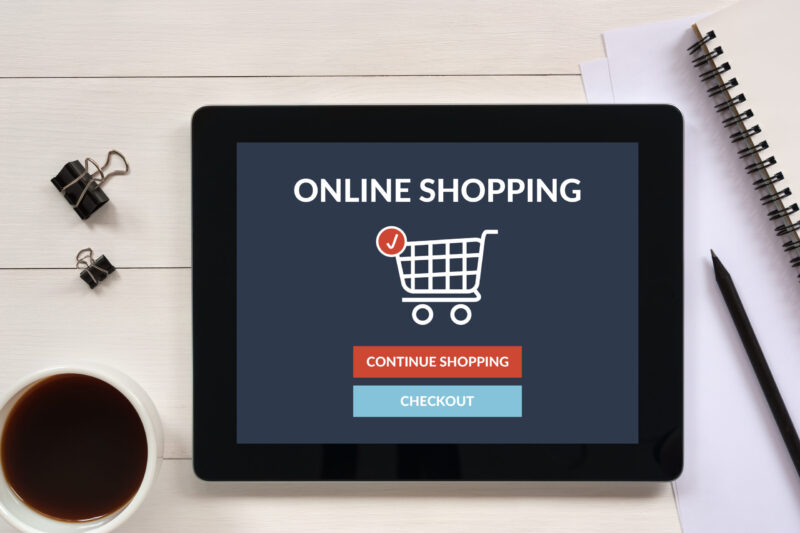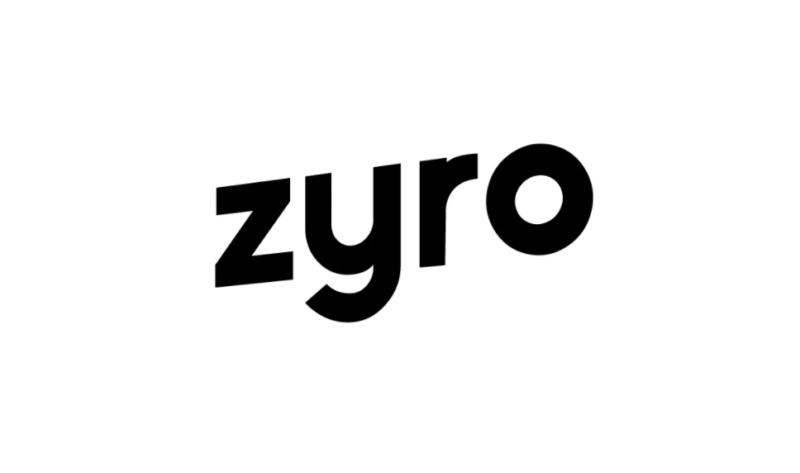Home › Business › Websites
Top 5 Platforms to Build Ecommerce Websites In 2020
Published on:
With the expansion of online stores, every business owner needs to come up with the best solution related to providing his customers with the best experience. Also, online store that is optimized in the right way can attract more potential clients and significantly increase your revenue.
When it comes to customers, there are many reasons why most of them prefer using online buying options, such as convenience, affordability, and save of time. The rise in popularity of online stores is especially notable during 2020, when many people were under the lockdown measures because of the coronavirus pandemic.

Moreover, if you need a proper online store, there are several methods you can choose. You will need a website connected to your business, credit card payments, along with the installed cart option, and many more. You can hire a developer to create and optimize the website for you, which is especially beneficial if you are not familiar with all of the factors that are needed for a good online store.
On the other hand, there are many platforms where you can use preinstalled plugins and presets to create a website on your own. However, you will have to learn more about the best methods related to hosting, creating lists, shipping options, marketing, customer support, and more. E-commerce platforms are beneficial because they represent a much more affordable option for your business. Also, there is a wide selection of these platforms available, and you should learn more about their possibilities and the advantages you can get from using some of them. Here are the top 5 platforms for building e-commerce websites.
1. Shopify

Shopify is one of the most popular platforms for online businesses, with over 2 million users and one million online stores currently running. Also, the worth of products sold over this platform is higher than $150 billion. Moreover, their services are not free, and the cheapest option is to pay around $30 per month for a subscription. With a basic plan, you can choose between 9 free themes and some other features.
However, you will have to pay for some advanced options like improved themes, plugins for better services, more accounts on one profile, and more. The great advantage of Shopify is that you will get a two-week free trial that you can use to check whether you find this platform useful for your business or not. They have excellent customer support available all the time. Nevertheless, you can add an unlimited number of products, offer gift cards and discounts to customers, link the website with your social media accounts for improved marketing, and more.
2. Zyro

If you are looking for the most affordable option for your online store, you should check out Zyro that costs only around $9 per month for its basic plan. The main benefits of this platform are 11 free themes, money-back available during the first month, over 70 payment gateways, free domain during the first year, and a lot of free images that you can use in the product listing and for the design.
However, you can only enlist 100 products with a basic plan, while other plans provide you with an unlimited number of products. There is a wide selection of payment options that you can integrate into this platform, such as MasterCard, Visa, Stripe, PayPal, and more. Moreover, Zyro has excellent features related to providing you with data necessary to improve your marketing strategy, such as the ability to connect the system with Google Analytics.
Nevertheless, we have to mention that customer support of this company is available all the time. The only downsides are that there is no free trial option, a limited number of products for a basic plan, and you are obligated to sign a contract for at least three years. Also, for some advanced features like cart recovery, connection with social media, live chat support, discounts, and more, you will have to choose some more expensive options rather than the basic plan.
3. Wix

If you are looking for a proper combination of advanced features and an affordable platform, Wix might be the best solution for your business. The main advantages are that there are no transaction fees, you can choose between some great shipping deals, free hosting for one year, and add an unlimited number of products. This platform is getting more popular over years, and there are over 500,000 companies from all around the world that are using it. One of the best features is the wide selection of free themes that are compatible with smartphones. When it comes to payment options, you can integrate most of the popular ones along with their solution, the Wix Payment. However, you will need some improved plan for some advanced options like insights, increased storage, link with social media, taxation, and more.
4. Squarespace

Another great option that you can use to build your e-commerce website is Squarespace. The basic plan will cost you $18 per month that will provide you with a great selection of free themes, unlimited listings, and insights. However, the fees are increased with a basic plan, and they are 3% of your sales. On the other hand, the Advanced plan that costs $40 per month provides users with automation, rate calculator, cart recovery, and more. Moreover, you can create an unlimited number of accounts and integrate all of the popular payment processing options.
5. Volusion

While it might seem quite expensive to pay $26 per month for a basic subscription plan, you should know that it offers some advanced options and features like free themes, no fees, integrated payment options, and more. Also, if you want improved design, you can choose over 30 themes that cost $180. The only limitation related to the basic plan is the limitation of products.
You can add online payment options like Stripe, Amazon Pay, PayPal, along with their system, Volusion Payments. If you want to use all of the advanced features, the best option is to choose a Professional Plan that will cost you around $850 annually. With this plan, you will get a whole set of features like the connection with social media, website optimization, gift cards, discounts, analytics, and more. On the other side, the only downside is that you can only add up to 5,000 products to your lists. Only the Business plan option offers an unlimited number of products.
Share With Your Friends